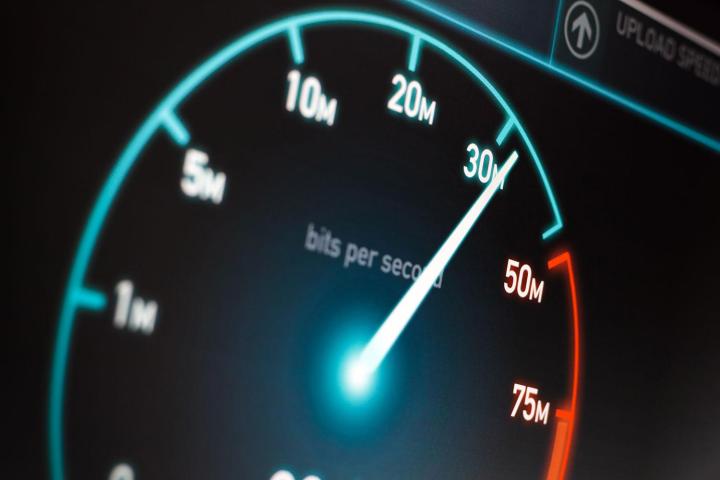
Hornet, an acronym for High-speed Onion Routing at the Network Layer, works somewhat similarly to the The Onion Router (Tor) network, which encrypts and decrypts data arbitrarily across the servers of the network. But currently, this process can be painfully slow, as each level of encryption involves yet another set of operations as the data moves through the network. As researchers wrote in their paper describing Hornet, Tor “suffers from performance and scalability issues: as more clients use Tor, more relays must be added to the network.”
But with Hornet, the anonymity network is somewhat shifted. Rather than sending data from computer to computer, this new system, Engadget explains, “creates a set of encryption keys (and routing information) on your home machine.” This, theoretically, cuts down on much of the time the network has to spend passing data around, ultimately allowing for more seamless (but still secure) web browsing.
While the research has not yet undergone the all-important peer review process, the notion of a high-speed anonymous network is one that could be truly exciting for many different types of Internet users. As Patrick O’Neill of the Daily Dot noted, “Adversaries — whether they’re small-time hackers or big-time government surveillance agencies — are meant to be stymied by HORNET. The researchers assert that the network provides integrity, secrecy, and unlinkability for the traffic flowing through it.”
So just wait, privacy seekers. Soon, you may not have to choose between speed and security.


